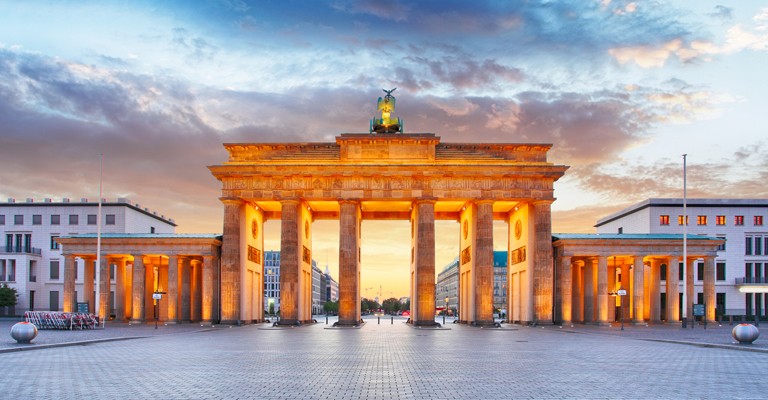The term German economic crisis doesn’t appear to be true at all. It’s like an unreal scenario. The mere mention of the term seems something like cluttered verbiage, a prospect that dwells in the realm of uncertainty. So is there something like the German economic crisis, after all?
Well, not one bit.
Isn’t it?
Isn’t that what seems when you come to think of the very existence of an economic problem in the strongest European country?
And, truth be told, it doesn’t appear one bit that a country like Germany- with a GDP figure of approximately, $4.110 trillion (nominal; 2018)- could actually be stifled by an economic concern.
But here is the truth. Akin to the famous epithet- when the doors of perception are cleansed, only then can one see things clearly- seems true in the case of Deutschland.
So let’s dispense with silly assumptions and slice away the layers of make-belief.
Here’s what you need to know if you wish to understand the present state of economic crisis in Germany.
In Germany, the biggest concern at this point in time is the snags experienced by what is otherwise a robust automobile sector. Recently, at a high-level meeting with business execs and financial institutions of Europe, the revered governor of the Austrian National Bank shared his unclarity about the German position in its economic affairs.
According to a piece of news carried out by Reuters, the following was published:
“The fear is that particularly in the auto industry we have lasting changes that affect Germany especially,” said Mr Nowotny, who happens to be the governor of the Austrian National Bank.

Over the course of nearly past half a decade, there happens to be a slump in nearly all major carmakers or automobile players belonging to Germany. Having said that, to an extent are these firms struggling with their existential crisis can possibly be understood by an unfortunate event that Volkswagen endured, purely for their own fault.
The negative press generated by the Volkswagen in the emission crisis hasn’t yet sidelined from the mainstream media. And while this was already on, another burning issue that has jeopardized the brimming optimism of the German carmakers is the current discussion the country is straddling with, related to the issue of uncertainty of the future of diesel cars.
While on the one hand, the world is anyways dealing with the problem of climate change. On the other hand, conscientious countries like Germany, whose core strength seems embedded in an eco-system that supports and engenders growth, advancement and development of tech and engineering is already countering a realistic concern: how to handle the issue of pollution.
Pollution in Germany is a real issue. In fact, if one were to understand the depth of the seriousness of this concern could be made by the exhaustive debates that took place on 31 December 2018, on the issue of whether to use or to not use firecrackers as a means to bring with the new year with vibe, colour and frolic.
On the lines of the overall concern being addressed here, the famous Bundesbank submitted, according to the report on Reuters, some rather concerning facts.
The Bundesbank said in its report last month that while a quick rebound in the auto sector had been forecast, fresh data was disappointing those hopes.


